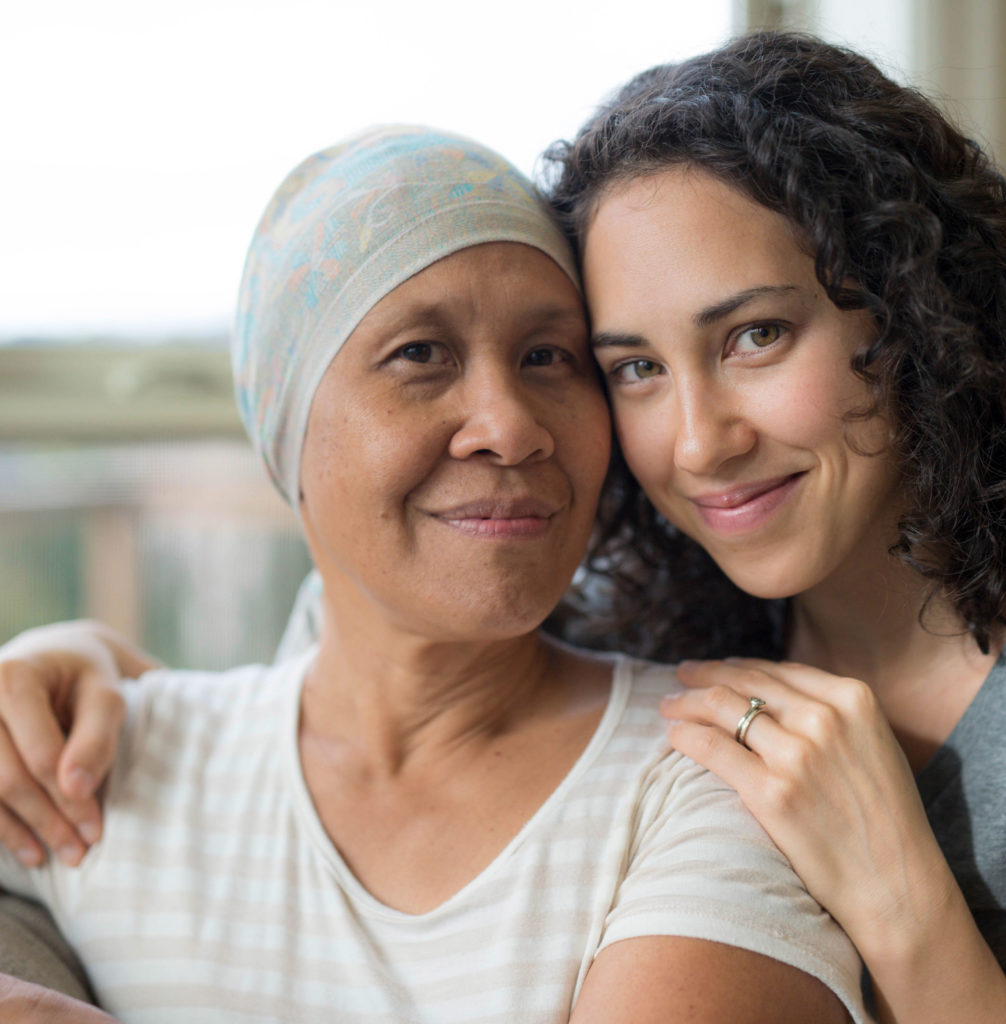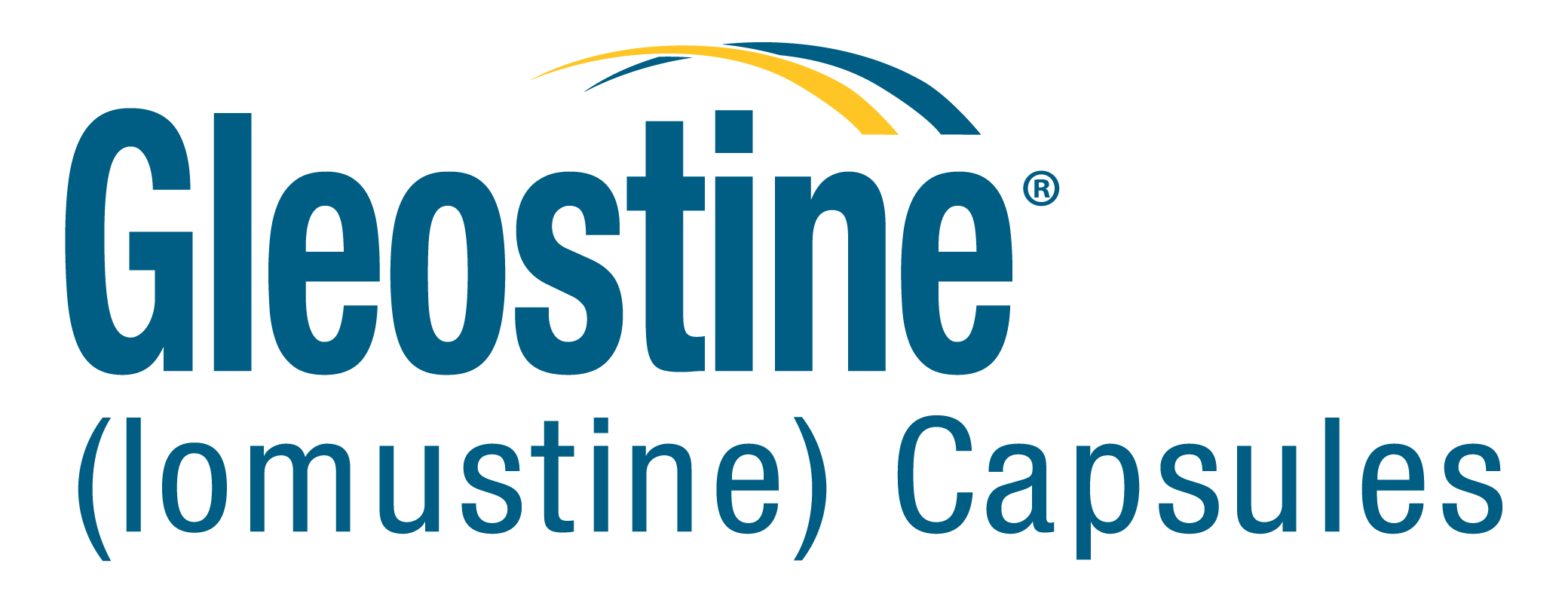Tips for Caregivers
If you’re a caregiver or have a loved one with brain cancer or Hodgkin’s lymphoma, you know how difficult the disease can be. Caregivers of brain cancer patients help their loved ones through many challenges while encouraging them to keep fighting. Knowing what next steps to take will be frustrating at times—so here’s a few tips for caregivers to help patients and themselves throughout the journey.
Encourage Your Loved One to Talk to Their Doctor About Gleostine®
Your loved one may be opposed to explore another therapy. Previous therapies may have them feeling disappointed. They need to know about the effectiveness, possible side effects and expense of any treatments the doctor may be recommending.
- Talk with them about the risks and benefits of Gleostine® and if it may be right for them.
- Encourage your loved one to schedule an appointment with their oncologist or urologist specifically to ask if Gleostine® is right for them.
- Provide your loved one with information about Gleostine® by showing them the information from this website.
When Your Loved One is Being Treated With Gleostine®
You’ve been with your loved one every step of the way on this journey. You can also help with this step in their treatment as well.
- Help them stay on track with their treatment schedule for Gleostine® by helping remind them to take their medication.
- Take advantage of free resources that can provide encouragement, medication reminders and messaging to share progress reports with your healthcare provider or caretaker.
- Learn how your loved one can get treatment support and help manage out-of-pocket expenses through NextSource Cares®, our patient assistance program.
Make Taking Care of Yourself a Priority

Caring for a loved one with brain cancer or Hodgkin’s lymphoma is no easy task. Remember, your physical and mental health need attention, too.
- Get help. Don’t try to do everything on your own and be sure to schedule time off for yourself.
- Visit your doctor regularly. It’s important to check your health, too.
- Find other caregivers. They understand what you’re going through and can offer additional support.
- Allow friends to help you. They may not know how but let them know you need them.
- Pay attention to your own feelings.
This list of independent organizations is provided as an additional resource for obtaining information. It does not indicate endorsement by NextSource Pharmaceuticals, its organization or its communications. The following resources are useful for learning more about brain cancer, advocacy groups and available treatments:
Clinical Trials
1.800.346.3656 | www.clinicaltrials.gov
American Cancer Society
1.800.227.2345 | www.cancer.org
American Brain Tumor Association
1.617.924.9997 | www.braintumor.org
National Brain Tumor Society
1.800.886.2282 | www.abta.org
